Whether you’re applying for new roles within your current field or considering making a complete career change, one of the first things you should do when hunting for a job is sit down and imagine your ideal work environment. A major component of that ideal work environment includes company culture.
What is company culture?
Simply put, company culture describes an organization’s values and how those values shape the way the organization operates. It’s essentially what defines an organization. Company culture covers everything from management style and task delegation to employee appreciation and dress code.
Why is it important to identify your ideal company culture?
Taking the time to evaluate and understand your ideal company culture when you’re ready for a new role usually makes the job search process much less overwhelming since you’re able to narrow down the organizations you actually want to work for. You’re also more likely to have a positive experience once hired if you already know you mesh well with the company culture. Additionally, it’s not uncommon to be asked about your ideal company culture during a job interview, so it’s a good idea to have an answer prepped and ready to go.
How can you identify your ideal company culture?
Here are just a few things to consider when you’re identifying your ideal company culture and evaluating whether or not an organization’s culture would be a good fit for you. Keep in mind that you might not be able to realistically find a single company that checks off all of your boxes at once, but having these preferences in mind should help you find an organization that’s a relatively good fit in the long run.
-
Mission, Vision, and Core Values.
You’re more likely to enjoy your job and feel motivated to do your best when you choose to work within an organization whose overall mission and core values line up with your passions and beliefs. Try writing down your own core values and goals, then start researching organizations with missions that match.
You can usually find an organization’s mission and vision statements on its website. If you want to dig a little deeper and see what the company supports, do a quick search to see if the organization is involved with any relevant community work or charities.
-
Structure and Hierarchy.
Do you prefer to work within an organization that has a clear chain of command and rigidly defined roles? How about a company with a horizontal structure where executives or managers and employees act more as equals and collaborate on a regular basis? Evaluate the kinds of professional structures and leadership types that best suit your personality and work style, and keep those in mind when you’re applying for and interviewing for jobs.
-
Communication Style.
Do you prefer to work with managers and teammates who avoid conflict at all costs and go with the flow? Or would you rather work within an organization that tends to use a more assertive communication style? Take a look at your own communication style in your day-to-day life and use that as a guide to figure out which professional communication style works best for you.
-
Benefits and Perks.
Each organization’s benefits and perks will vary depending on size, location, industry, etc. Examples of these benefits and perks include specific types of healthcare coverage, the ability to work remotely, unlimited PTO, wellness stipends, and more. Make a list of the perks that are most important to you, and use that to help you evaluate the company culture of the roles you’re interested in applying for.
-
Atmosphere and Environment.
It’s also important to take note of an organization’s overall atmosphere when you’re deciding whether or not the company culture would be a good fit. For example, if you’d rather work somewhere a bit more casual with a relaxed dress code, you might want to look for roles at small businesses or startups. On the other hand, if you’re comfortable working within a corporate environment with stricter policies, you might be happier at a major corporation.
-
Recognition and Rewards.
When you’re evaluating an organization’s company culture, take a look at how employees are rewarded outside of base salary and benefits. Some organizations offer extra recognition in the form of quarterly bonuses, and some send the top-performing employees on vacations. Determine which rewards are most valuable to you and seek out organizations that provide those rewards in exchange for your hard work.
Ready to start applying for new roles now that you have a better idea of what you’re looking for? Need a little help targeting organizations that fit your ideal company culture? Contact Stratice today!









